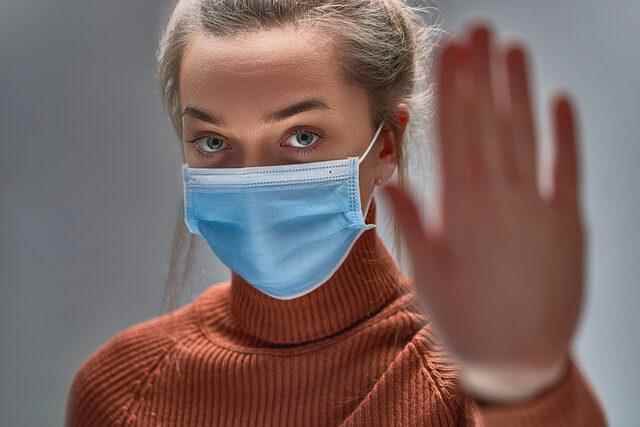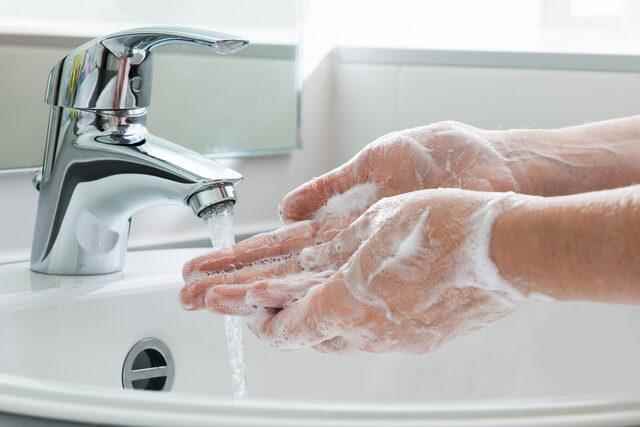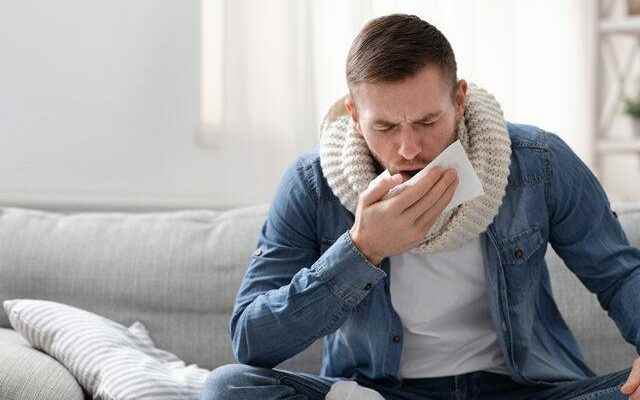Today, pneumonia can pass without any damage to the body with early diagnosis and treatment. However, it can cause serious respiratory problems and even life-threatening in infants, young children, those with low immune systems and elderly people, when treatment is delayed. Therefore, prevention of pneumonia is of vital importance.
IT MAY BE PNEURIOUS, NOT DEPRESSION
Although pneumonia symptoms have common symptoms with colds and flu, they usually last longer. Cough and yellow, green, rusty and sometimes bloody sputum, chest pain, fever, chills, weakness, loss of appetite and headache are the main symptoms of pneumonia. Chest Diseases Specialist Dr. Süha Alzafer stated that these complaints may also be accompanied by nausea, vomiting, diarrhea and abdominal pain, adding, “Also, it should not be forgotten that none of these symptoms may be present, especially in elderly patients. Pneumonia can sometimes be signaled by just a change in personality or symptoms of depression.” she speaks.
8 EFFECTIVE RECOMMENDATIONS AGAINST Pneumonia
Chest Diseases Specialist Dr. Süha Alzafer lists the methods of prevention from pneumonia as follows:
Not without a mask! Never neglect to use a mask in closed and crowded environments. Because the mask reduces exposure to pneumonia germs. It is also very important that you do not use your mask for more than 6-8 hours.

Get your vaccine: It is recommended that people with an underlying chronic disease be vaccinated against pneumococcus from the age of 55 and healthy people from the age of 65. Pneumonia vaccine is also recommended for those who have had pneumonia at an earlier age. You can get the pneumonia vaccine, which can be protective for 5-10 years, at any time of the year. It is also recommended to get the flu vaccine every year, as it indirectly protects against pneumonia.
Wash your hands often: Washing hands frequently is also important in preventing pneumonia, as it prevents the transmission of germs. Make it a habit to wash your hands with soap for at least 20 seconds, especially after touching something in public and before meals.

Do not be in closed environments: Avoid being in closed environments as much as possible, as it can be easily transmitted by breathing. If you have to be present, make sure to use your mask.
Ventilate the room frequently: Ventilate your room for 15 minutes at least 3 times a day, as it will reduce the amount of microbes in your environment. Another point you should pay attention to is the cleanliness of air conditioners.
Eat healthy, sleep regularly: In order for your immune system to be strong, eat a balanced and regular diet, pay attention to your sleep patterns.
Avoid smoking and alcohol: Avoid smoking and alcohol because of their immunosuppressive effects.

For lots of water: Microbes that reach the nose and mouth area can settle on dry floors more easily. For this reason, take care to consume 2-2.5 liters of water every day by distributing it throughout the day.
REST AND Plenty of Fluids are IMPORTANT
When the diagnosis of pneumonia is made, it is first decided whether the treatment will be carried out in the hospital or at home. In this decision, criteria such as the severity of the disease, physical examination findings, the extent of the x-ray, the presence of another underlying disease and the age of the patient are taken into consideration. Chest Diseases Specialist Dr. Süha Alzafer states that intravenous antibiotics are administered to hospitalized patients and explains the treatment process as follows: “In addition to antibiotics, fluid supplements, painkillers and antipyretic drugs and expectorant drugs are given. Sometimes, the patient may need to be treated in intensive care conditions. The same treatment is applied to patients treated at home. Resting and drinking plenty of water also accelerates the recovery of the disease.”
